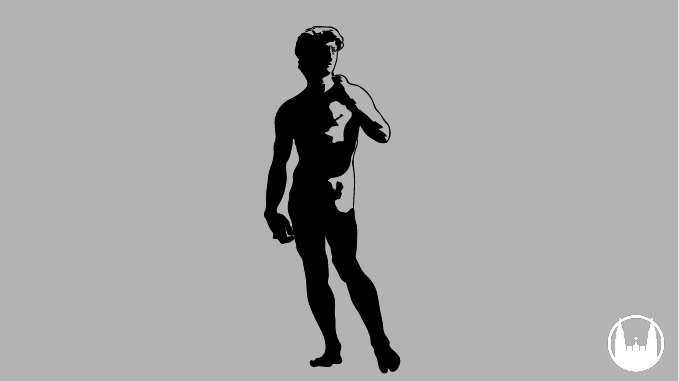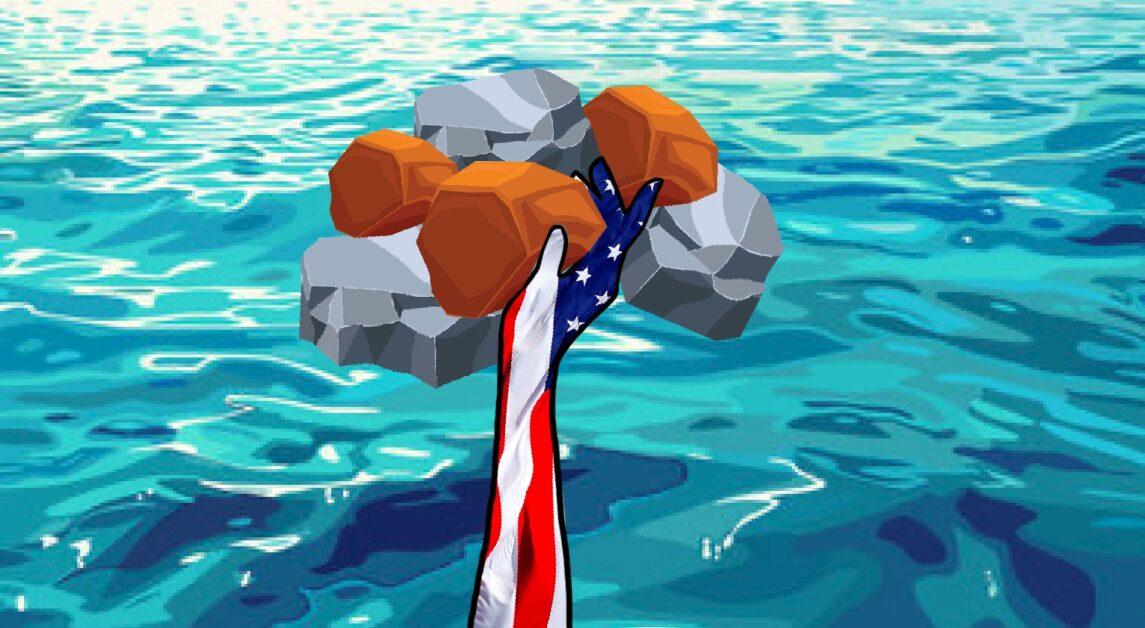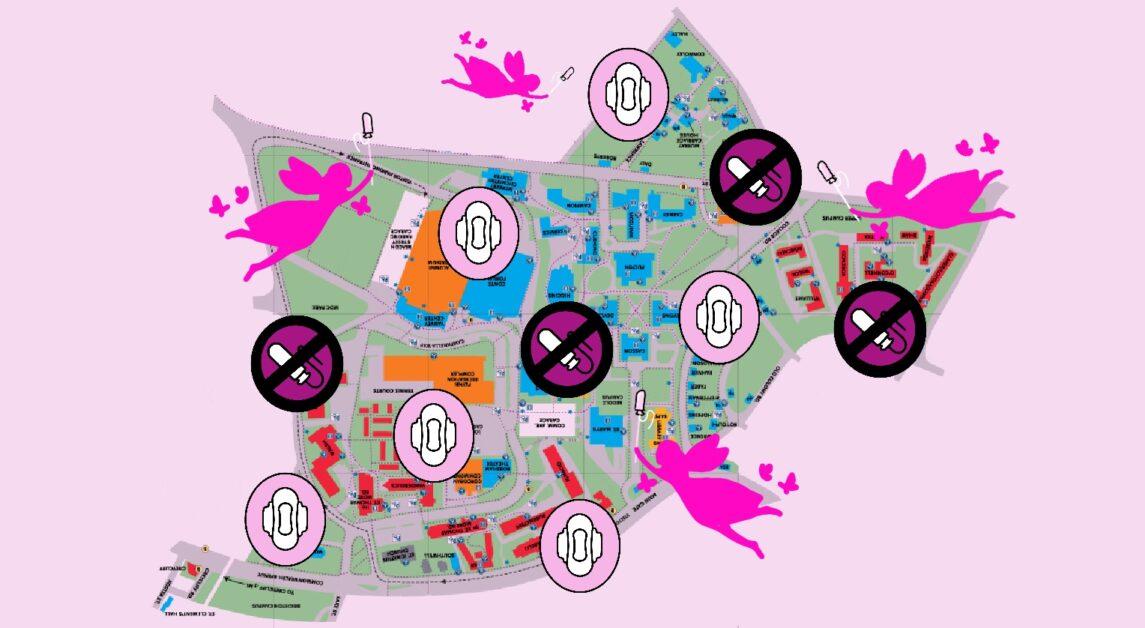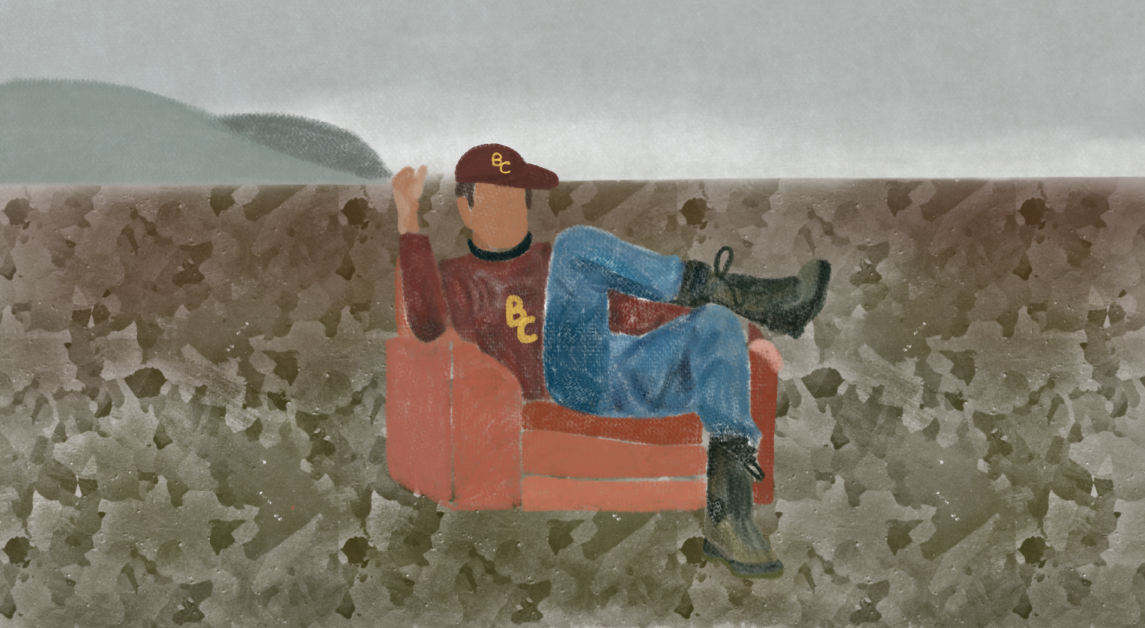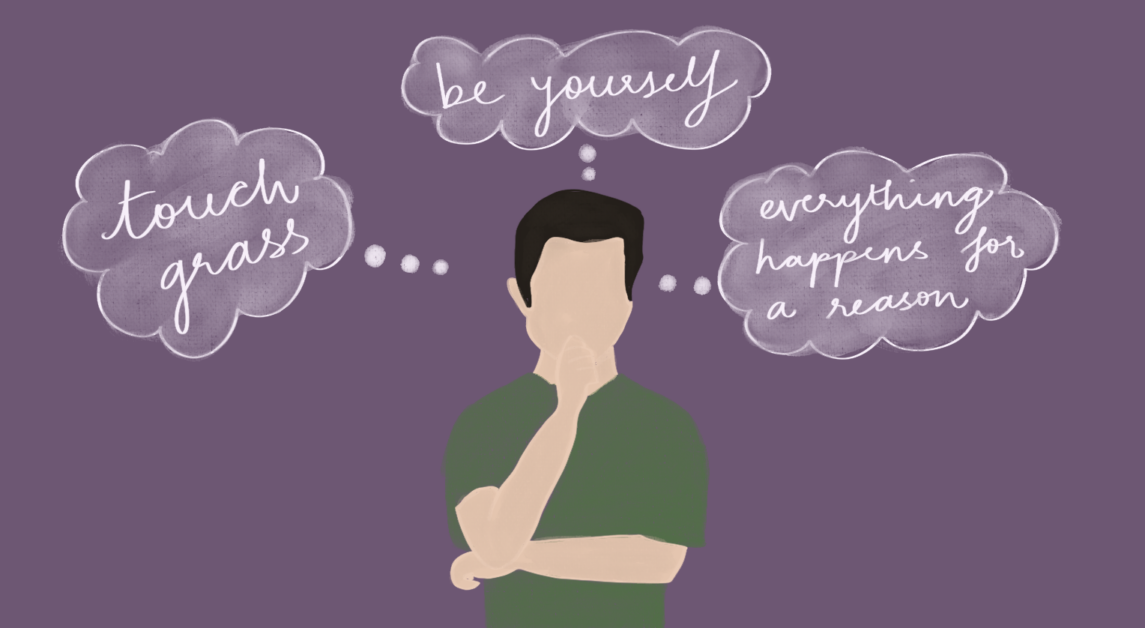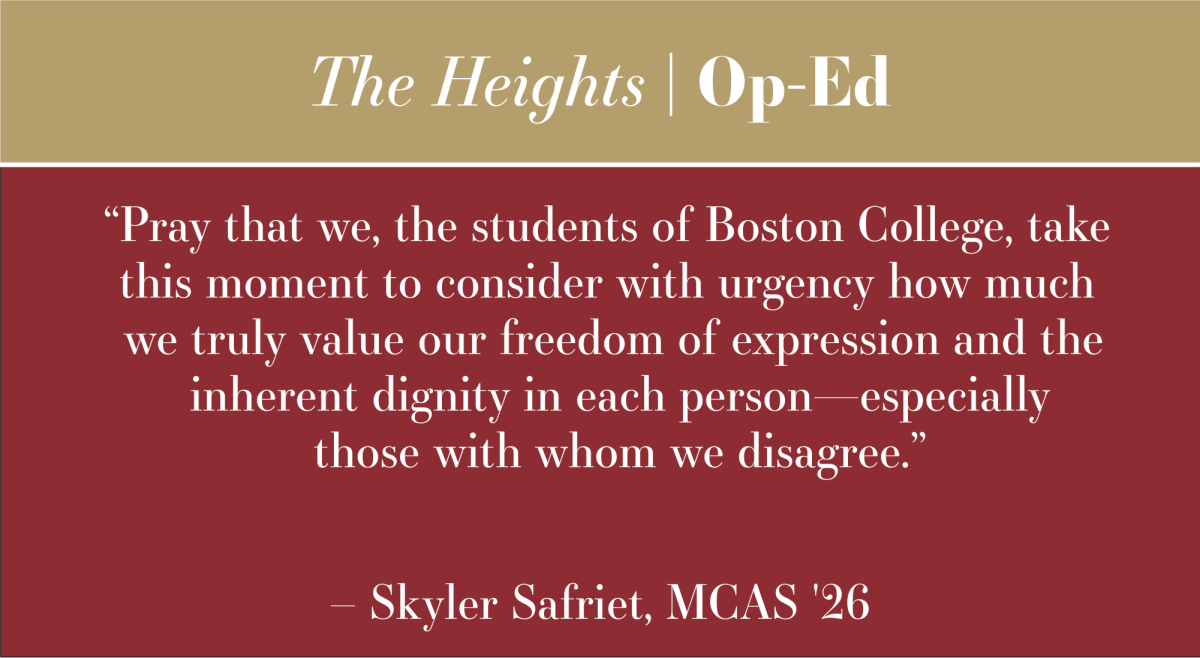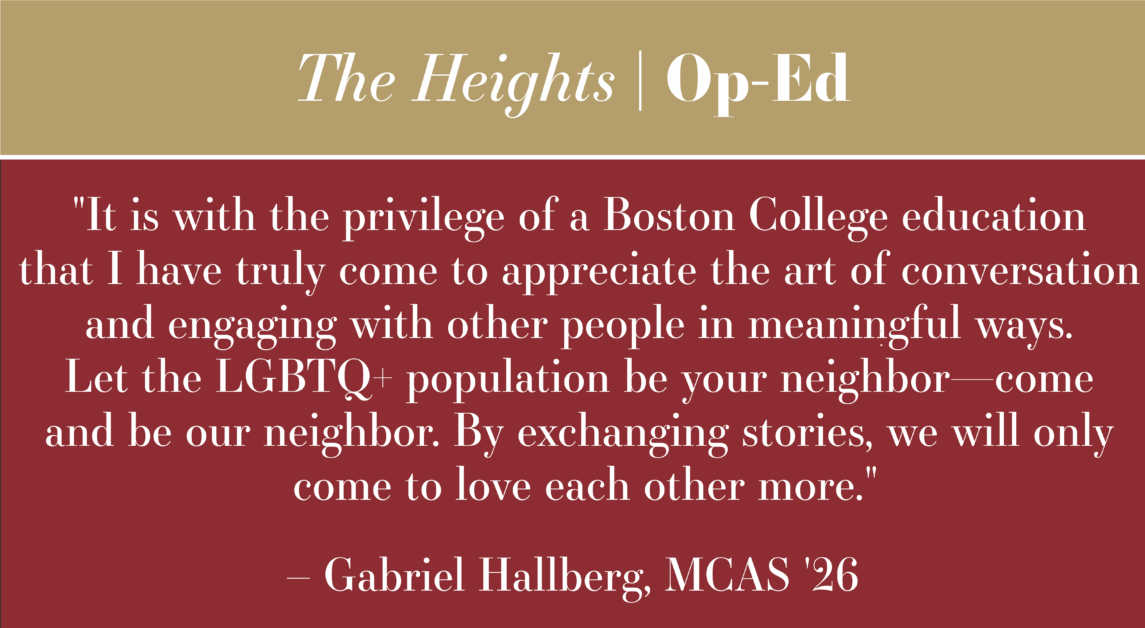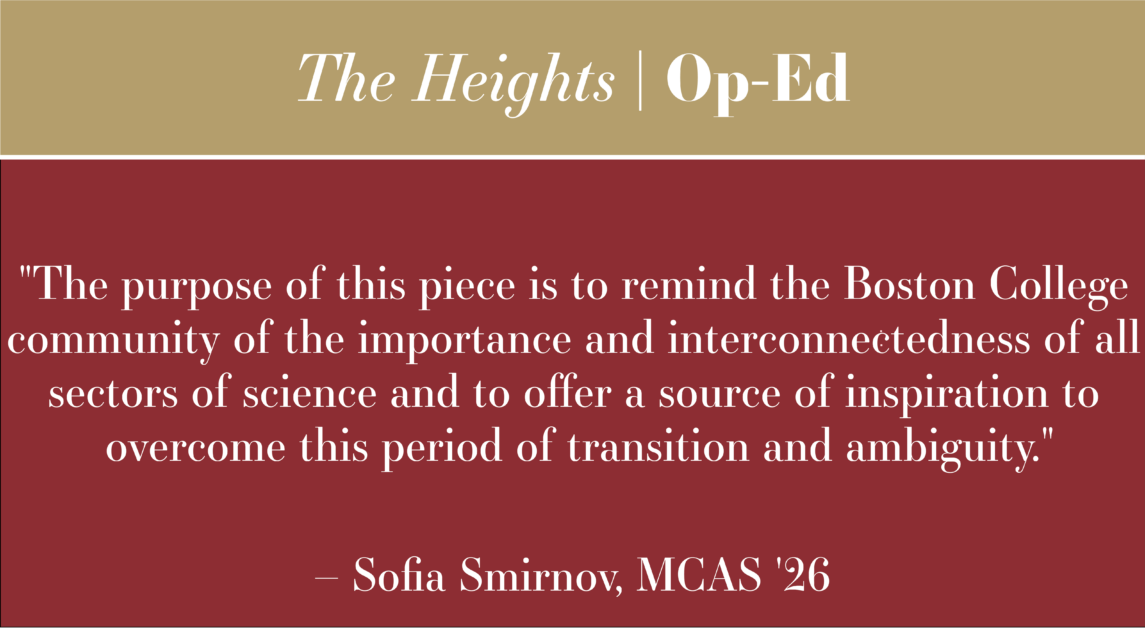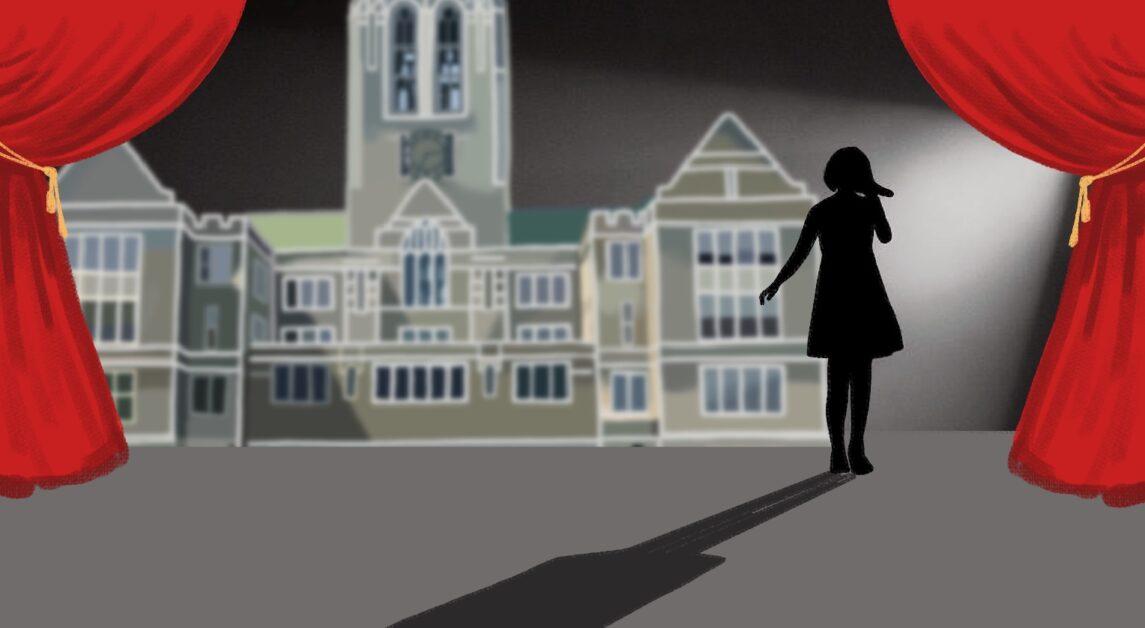*Author’s Note: I am going to refrain from speaking about transgender individuals, those in gender transition, and females who identify as men; I have zero lived experience regarding this, so it is not my place to write about it.
There are a lot of penises in this world … like, a lot. In 2017, the World Atlas estimated that there were 3,776,294,273 men alive. This means there are around the same number of dicks. There are big dicks, there are small dicks, there are black dicks, there are white dicks … I bet there are even people without dicks—shocking. The reason I say this is because the conversation around masculinity is changing. So what does this mean for me and masculinity? It means that how I view myself as a man has been pushed along by an underlying set of assumptions that are so embedded in our culture that, with billions of dicks, we don’t really know what it means to have one.
I am not a “conservative man.” There is no shame regarding homosexual lifestyles. Violence is violent. Masking emotions for the sake of showing that “I am tough” is not healthy. Women are not at my disposal nor my pleasure. However, I would feel uncomfortable cross-dressing. I like to win and exert myself in the process. If I became a stay-at-home dad, I would consider myself a type of failure, even though—logically—rearing children is the most important job in any society. My outlook on traditional masculinity has changed since entering Boston College. I expect that some of it has been a natural transition—attributed to inevitable maturation and encountering the “real” world—while some of it has been both forced and intentional. When speaking of these forced parts, I am speaking from a comparative perspective; I grew up in rural Hudson Valley. My hometown was absent of “the gays”, with an emphasis on “dudes being dudes.” Going to clubs in Boston exposed me to much more, such as more feminine ways of dressing, and going to raves showed me yet another side of masculinity. Nevertheless, I know that my perception of masculinity has allowed me to become much more comfortable with who I am. Here are a few ways I have personally evolved:
My perception of love has been demolished. The concept of a girlfriend became less of a way for me to prove myself to someone of the opposite sex and, instead, inverted the way I confronted personal and relational emotions. My ex-girlfriends helped me have fun and allowed me to have someone to hang out with. They were certainly not side-pieces, but, at the time, I viewed relationships as a function of utility instead of an expression of emotion. After all, “real men” don’t get emotional.
Before coming to BC, to me, gay men were just a group of people that could not “get girls”. The media portrayal of a gay lifestyle freaked me out because I could not fathom how these men could act like women but still look like men. I have since come to understand that being the “ideal man” is impossible to achieve. No one on this Earth can encompass all the different aspects of what traditional masculinity should look like. Nor should sexuality define someone’s worth as a human being. People can get very close to acting like a “fullman,” but this in itself is but a performance.
Men’s bodies have been a symbol of power and strength. This puts pressure on men to look like a mountain. In high school, I prided myself on being “jacked,” and “swole.” If you did not have 15-inch biceps, then you were doing something wrong. Now, I realize that obsessing over working out, to adhere to a set of norms, is not a good reason for doing so. While I continue to work out, body shape is such an arbitrary indicator of how manly I was or am. I am not defending myself against animals or other males of different tribes in 2019, I am simply trying to have enough strength to push away other people when I go to EDM concerts so I’m not drenched in their sweat.
The paradoxical defining moment came when I decided to stop wearing boat shoes. They were extremely uncomfortable, but because I was going to BC, my parents said, I needed to get low-rise socks and Sperrys. I felt as if the shift derived from conforming to yet another subset of masculinity and decided to critically think about why I was acting a certain way. Why did I need dock shoes on a college campus miles from the ocean? Having these conversations is very important because what we say now will have an impact later. Masculinity is changing, and I am glad that I have changed with it.

